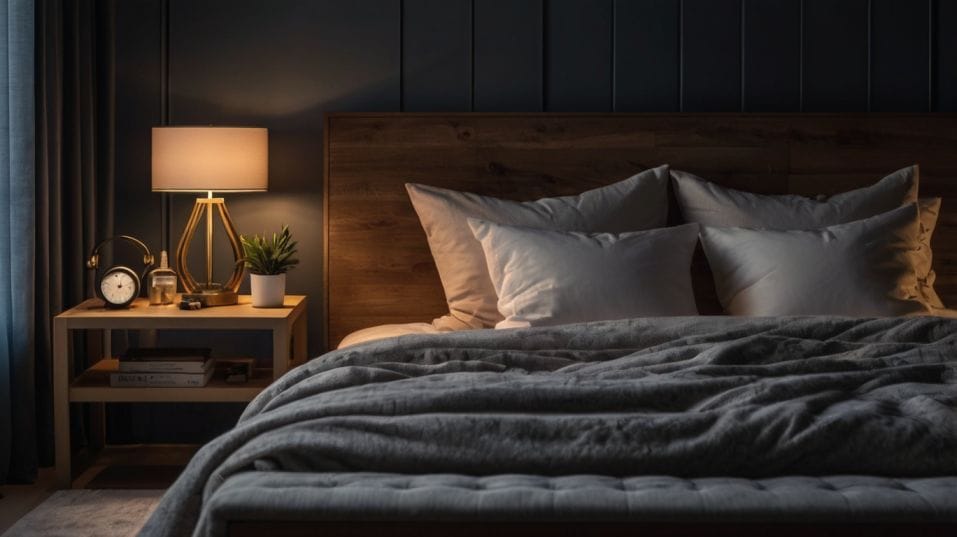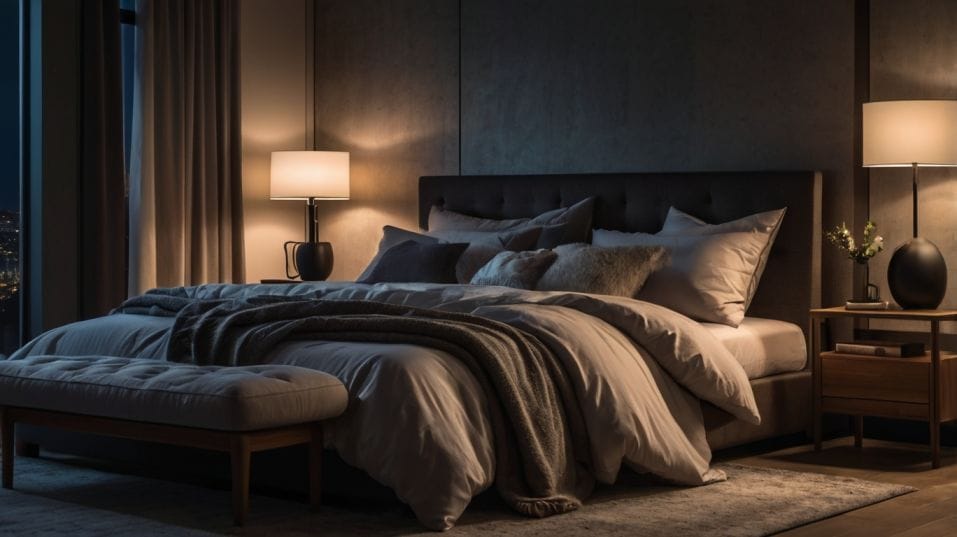The Best Sleep Apps to Try This Year
Discover the best beginner-friendly sleep apps that boost energy, recovery, and focus—without guesswork or complicated routines.

What if your phone isn’t the only thing running on 20%? Most people treat sleep like a guessing game—but the right app turns it into a strategy.
Whether you want deeper rest, sharper mornings, or fewer energy crashes, today’s sleep tools give you an edge.
This guide breaks down the best apps designed to help you track, learn, and improve your sleep without the fluff. Simple, science-backed, and built to work for real life.
Sleep Isn’t a Mystery—It’s a Measurable System
Here’s what most people get wrong about sleep: they think it’s just about getting eight hours. But it’s not just time—it’s quality. Deep sleep, REM sleep, sleep efficiency, sleep latency… all these pieces matter.
Sleep apps tap into this by tracking patterns that your brain and body go through each night—then they serve that information back to you in a way that actually makes sense.
Apps like Sleep Cycle, Pillow, and AutoSleep use motion tracking or sound-based analysis to map out when you’re cycling through light and deep sleep.
Some sync directly with smartwatches, pulling in heart rate variability and blood oxygen levels. These aren’t just metrics for data nerds—they're insights that let you see how your habits affect your recovery.
Had a late dinner? Drank wine before bed? Worked out late? These apps will reflect the fallout. Once you see the patterns, it’s easier to break the ones that keep you tossing and turning.

Sound Science: Why Audio-Driven Apps Are Powerful
Forget the cliché of “white noise = better sleep.” It’s deeper than that. Certain sound frequencies—like pink noise—have been shown to boost deep sleep and memory consolidation.
Other tones, like binaural beats, can help calm racing thoughts and downshift your nervous system.
Apps like Calm, Endel, and Noisli take this science seriously. They use soundscapes that are engineered—not just aesthetic.
You’ll find everything from nature loops to AI-generated ambient tones that adapt in real time to your environment.
And if stress or anxiety is what keeps your brain locked in overdrive, guided meditation apps like Headspace and Insight Timer offer nighttime wind-downs that actually work.
Think body scans, slow breathing prompts, and storytelling that isn’t trying to entertain you—it’s trying to gently shut your brain down.
Bonus: Adaptive Audio for Disruption Control
Some apps can respond to noise in your room. Snoring, traffic, or that creaky heater? Adaptive audio tracks can ramp up just enough to block them without waking you—or your partner.
Sleep Starts Long Before Bedtime
If you think sleep is just about what you do at night, you’re missing half the picture. Your circadian rhythm is set by your full 24-hour cycle—and smart apps help you use that to your advantage.
Rise, Sleep Reset, and SleepSpace are designed for people who want more than tracking. These apps guide you through daily routines that align with your body’s natural rhythms.
You’ll get reminders to dim your lights, take breaks from screens, move at the right times, and avoid sabotaging your sleep with mistimed caffeine or workouts.
This kind of coaching is huge. Why? Because sleep is a behavior. And like any behavior, it responds to cues.
When your environment starts signaling “wind-down mode” early, your body follows. These apps help automate that without making your life feel like a rigid wellness schedule.
Real-Time Coaching for Lasting Results
Some even include in-app chat access to sleep coaches or behavior experts. You can tweak your plan in real time—so your sleep goals stay realistic, not idealistic.
Wake Up Smarter, Not Just Earlier
No one likes waking up in the middle of deep sleep. That’s what causes the “hit by a truck” feeling most people associate with early alarms.
Smart alarms solve this by waking you during a light stage of sleep, within a 15–30-minute window before your set wake time.
Sleep Cycle, Pillow, and Sleepzy are leaders here. They use movement tracking or sound cues to figure out when your brain is near wakefulness, then gently bring you out of sleep without the mental fog.
Integrate Recovery Metrics for Smarter Mornings
If you use a wearable like an Apple Watch, Oura Ring, or Whoop band, you can connect these alarms to recovery metrics like HRV (heart rate variability).
That means you’re not just waking up on time—you’re waking up when your body’s actually ready to function.
Pair that with a post-wake analysis—like sleep score, readiness index, or a recovery rating—and you’ll know exactly how to adjust your day. It’s one of the most underrated ways to avoid burnout and optimize for long-term energy.
Habit Building Without the Hassle
Let’s be real: most people don’t need more rules. They need less friction. The best sleep apps don’t demand perfection. They guide you into a rhythm that works with your lifestyle, not against it.
Loona, for example, is more emotional than technical. It focuses on mood and mental transition—shifting you out of “go mode” with interactive visual stories and calming exercises.
It’s ideal if you struggle to disengage from your day or hate traditional meditation. Apps like Somryst and Sleepio go even further, offering digital Cognitive Behavioral Therapy for Insomnia (CBT-I).
This isn't just for people with clinical insomnia—it works for anyone who wants long-term change without pills or supplements.
The goal? Shift your thoughts, behaviors, and patterns around sleep so that your body learns how to sleep well on its own.
What to Look For (and What to Skip)
Not every sleep app is worth your time. Skip the ones that overload you with data but offer no interpretation. Raw numbers don’t help if you don’t know what to do with them.
Features That Actually Matter
Instead, look for apps that give you:
- Clear feedback loops (what’s working and what’s not)
- Personalized coaching or adjustments based on your data
- Easy integrations with wearables or health apps
- Adaptive features that respond to your habits, not just track them
Remember: this isn’t about building a perfect sleep score. It’s about building a system that helps you feel good tomorrow—and keeps working next week, next month, and beyond.
Final Thoughts
You don’t have to overhaul your entire life to sleep better. You just need a smarter system. Sleep apps make it easier to build that system—tracking your patterns, coaching your routines, and guiding your body into real recovery mode.
Whether you're just starting out or dialing in the final 10% of your sleep optimization, there’s a tool out there that fits your rhythm.
The key is to start. One app. One night. One smarter decision. Start now. Sleep better tonight. Perform better tomorrow.




